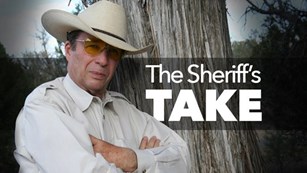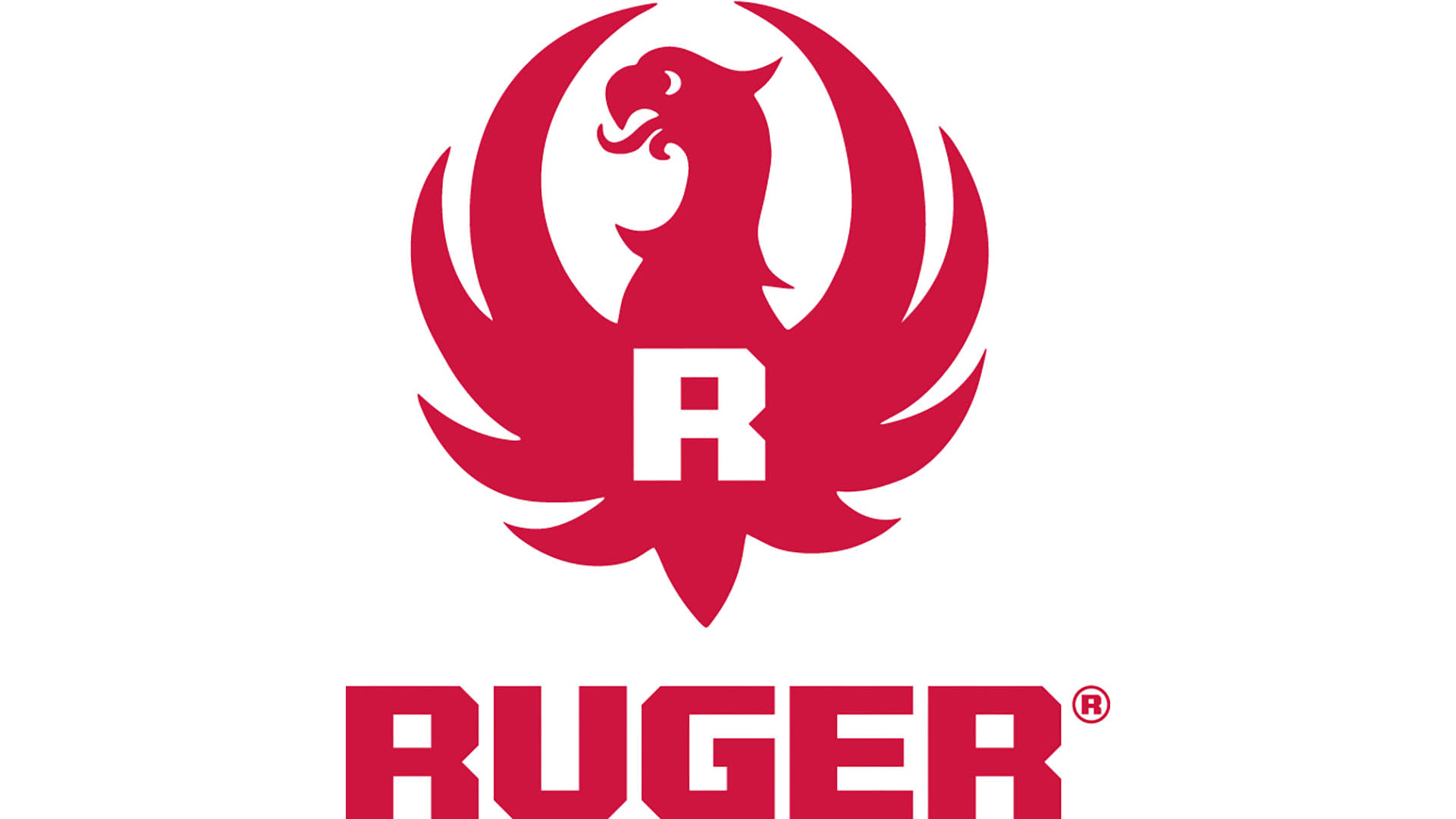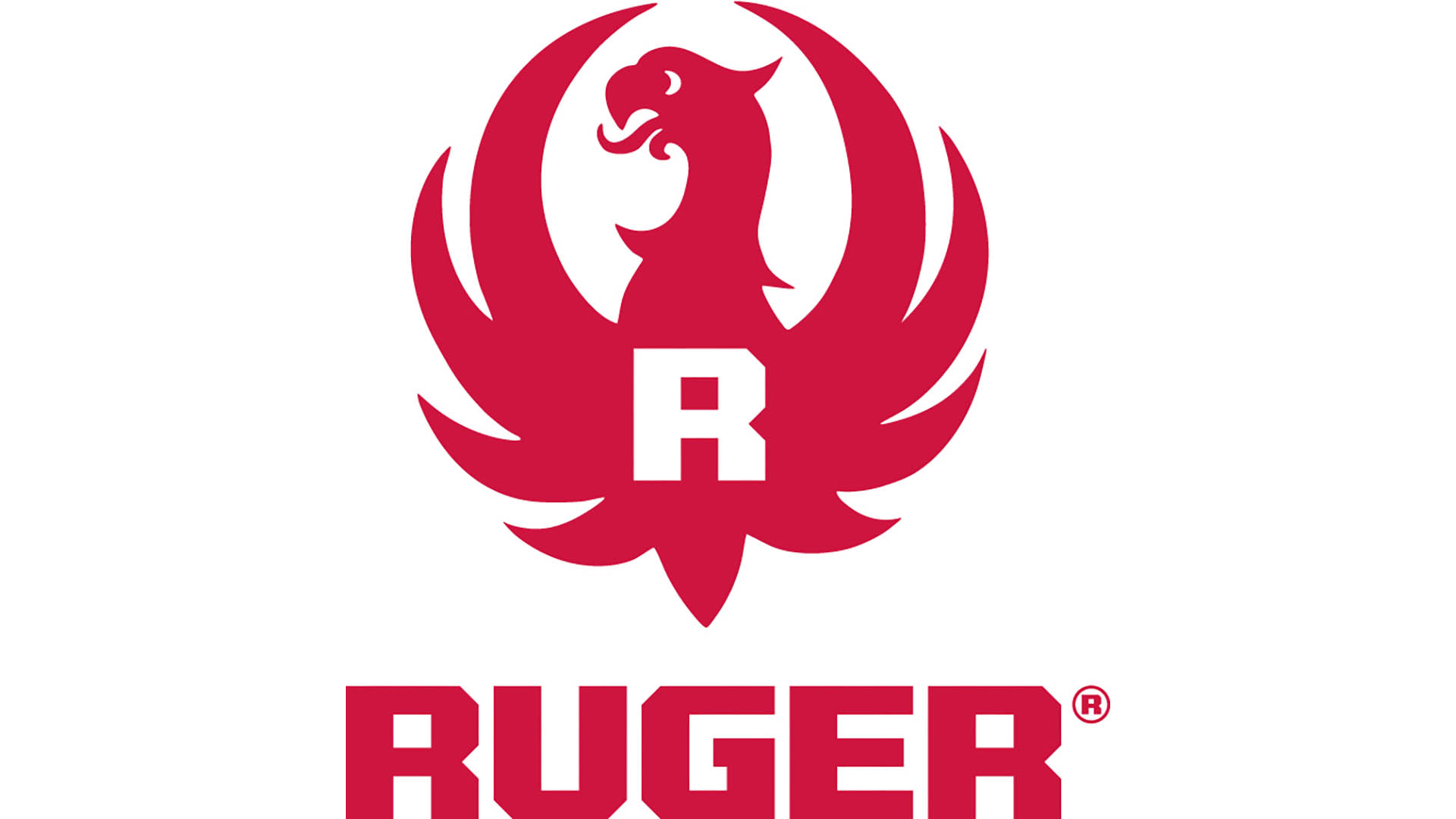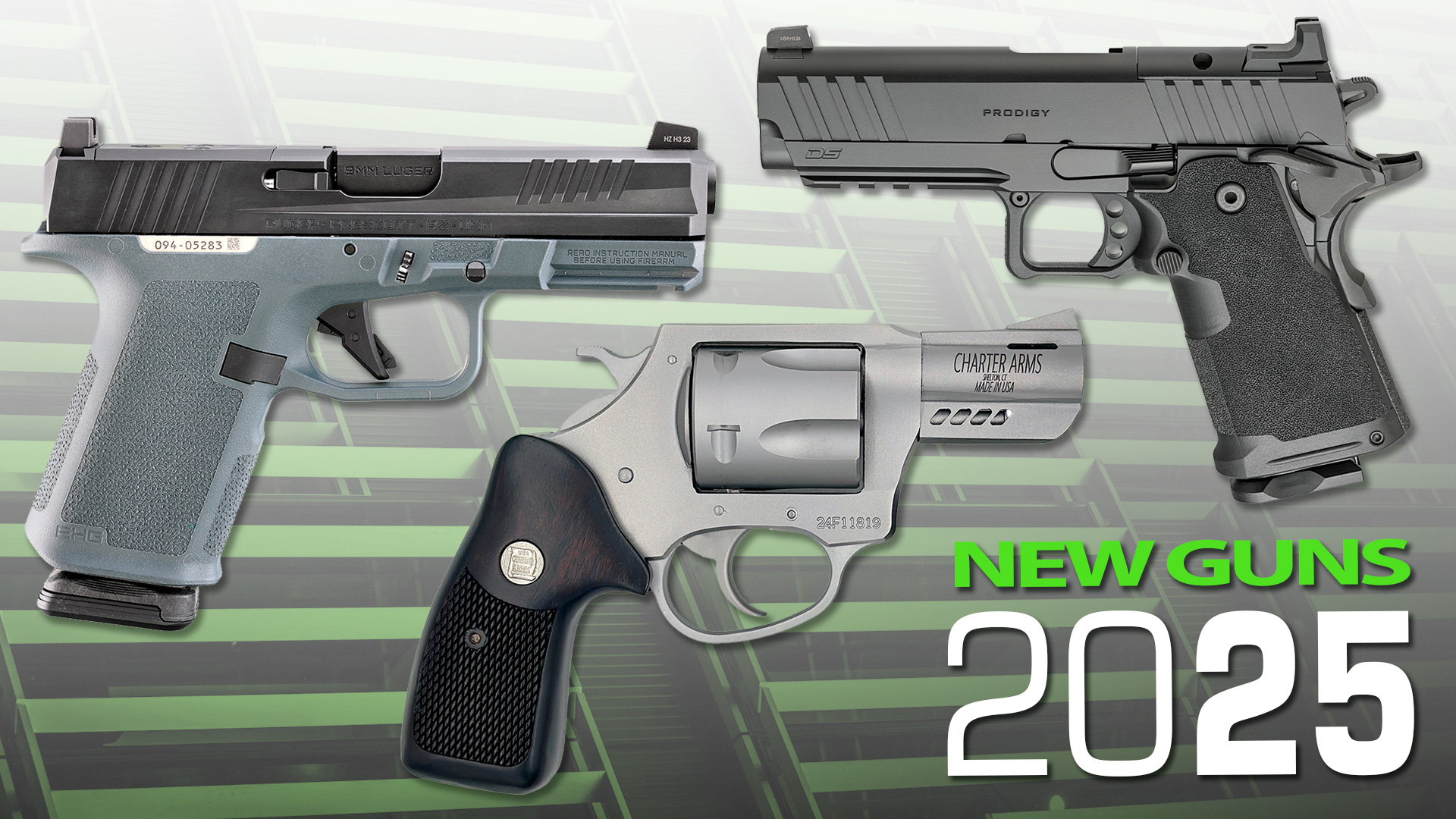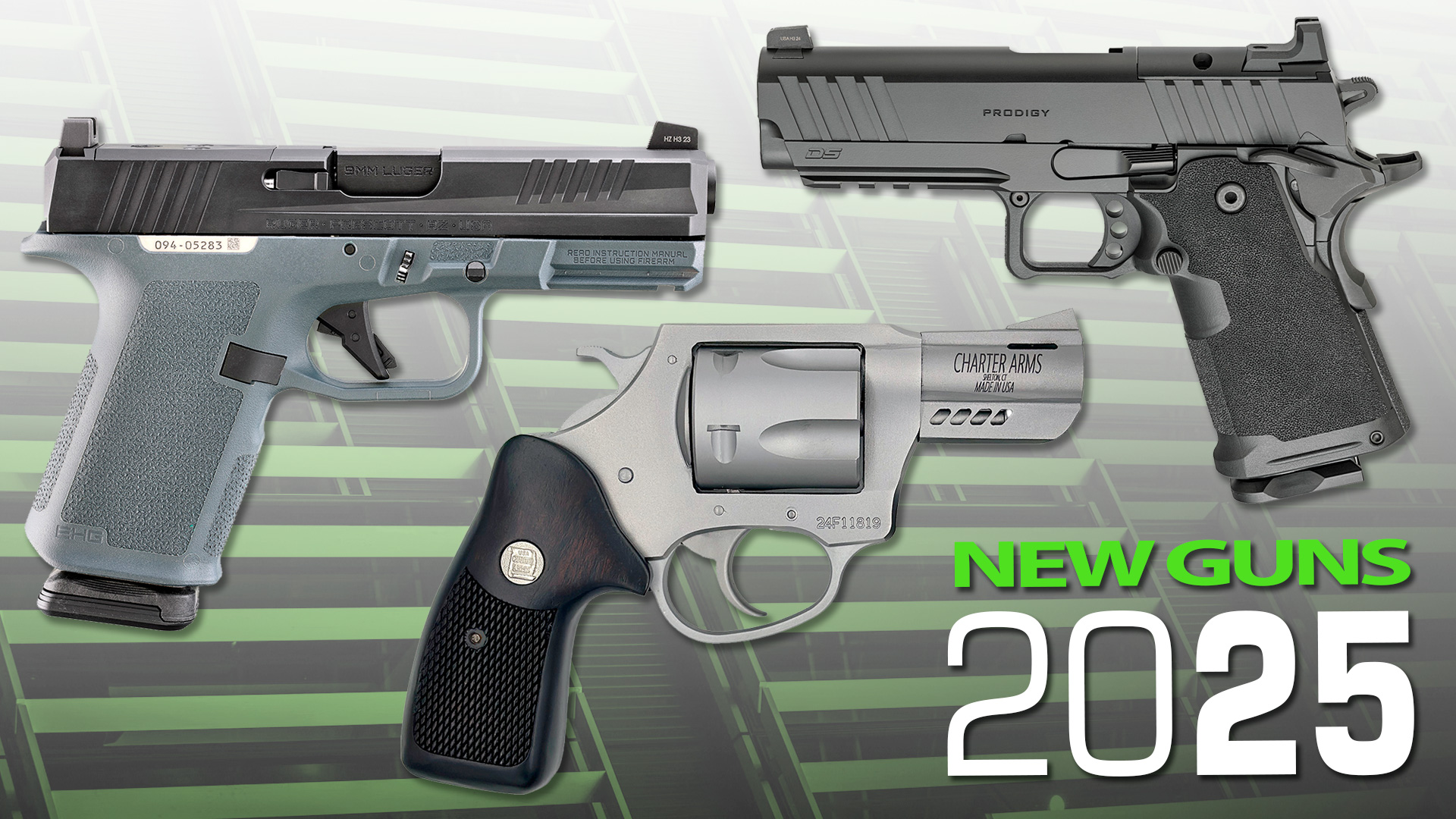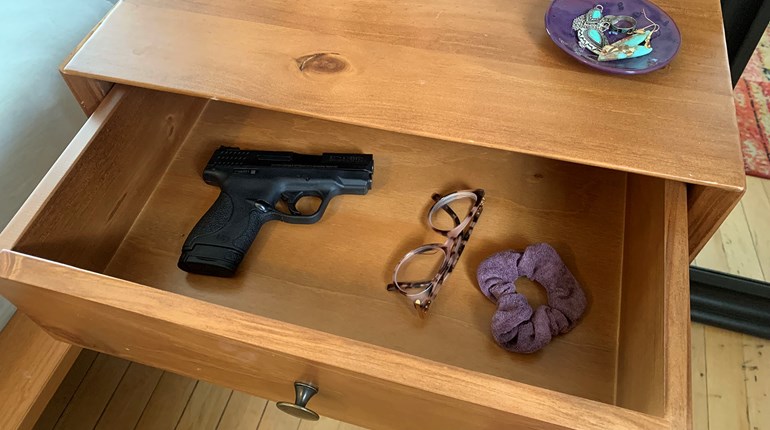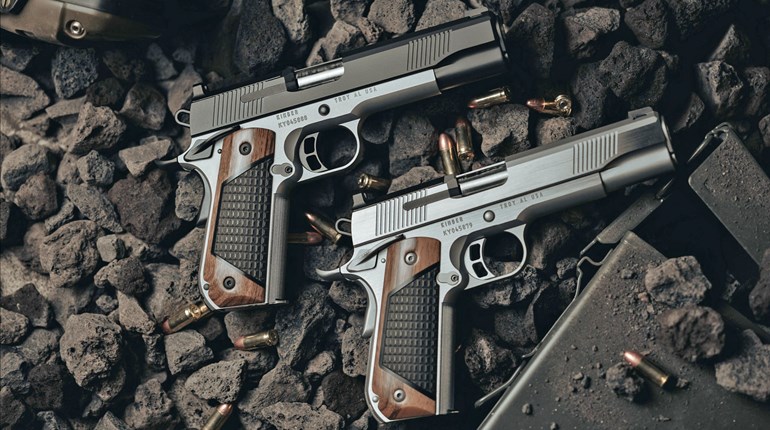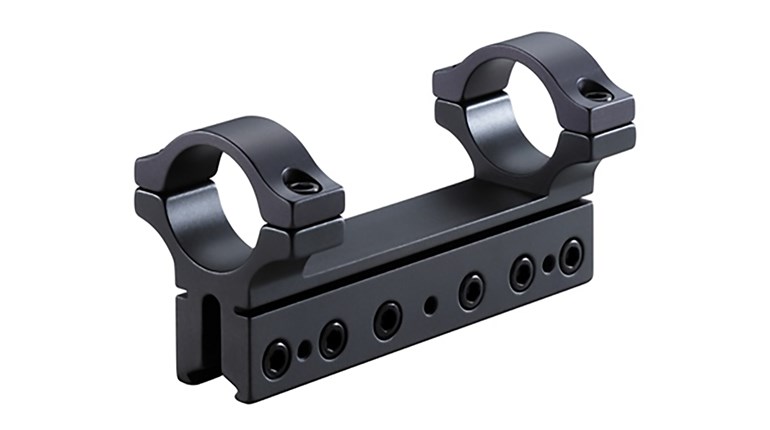
Guns have been a staple of Hollywood films since the silent era, and many movies feature firearms as key components of their story. But, where do studios get the guns?
Karl Weschta, general manager of Independent Studio Services' (ISS) armory, explained, "Production companies usually hire a prop master. The prop master is responsible for all the props, everything an actor or actress touches on camera. Most prop masters are knowledgeable about firearms. Depending on the show, the prop master may have an additional person or persons responsible for the firearms."
As for firearm selection for a given film, Mike Gibbons, who spent 30 years as a studio armorer before running a prop house for 11 years, said, "Sometimes, the scriptwriter knows exactly what gun or guns he wants for a given scene, but other times the prop house helps select an appropriate firearm." Weschta further described the prop house's role, "Most prop masters will come into our facility and take pictures to show the director and give him choices for the different characters requiring firearms." Then, depending on what the script calls for a given character, the period in which the film is set and other elements of the script, the proper firearms can be selected. "If the character is an LAPD officer fresh out of the academy," Weschta explained, "we are going to suggest Glocks, and maybe give a second or third choice as a Beretta or Smith & Wesson."
Of course, most films utilize blank ammunition, or else actors would have very short careers. Yet, films seldom show guns with blank-firing adapters attached. How, then, do the guns function? Gibbons explained, "We modified the guns in-house [at his prop company] to fire without visible adapters." Weschta added, "In simplistic terms, we are putting a restrictor plug in the barrel with a certain diameter hole tuned with the blank load we are using. There are many different ways to do this. Some states, like New York, have certain requirements on how the guns are modified, so in New York, the guns are even more messed up." Depending on the make and model, several modifications may be required to make a gun function properly and safely using blank ammunition, but much of this information is proprietary.
"Hollywood's gunsmiths and armories have spent years perfecting it," said Weschta. "In some cases, we are unable to get certain firearms to reliably or safely fire with blanks at all." Gibbons noted the blank ammunition used in films is usually loaded by the prop house and tuned to the guns to ensure reliability.
That still leaves one major stumbling block: California has some of the strictest firearm laws in the nation, yet many films shot in the Golden State feature guns not available to its private entities and citizens. Weschta explained how movies are made without violating the law. "A lot of people would like to say that the prop houses or armories in Hollywood have it easy and the rules are not the same for them. I can tell you that is not true. We are regulated just like any other firearms dealer or manufacturer."
This process includes visits from BATFE every year and regular inventory audits. California adds its own regulatory red tape via the state's Department of Justice, and since many prop houses are located within the city limits of Los Angeles, they are further regulated by the LAPD Police Commission and have additional requirements imposed by the city. On top of federal and state permits for the company, individual employees who transport and handle what California defines as "Dangerous Weapons," including "assault weapons," .50 BMG-chambered guns, destructive devices, machine guns and short-barreled rifles or shotguns, must be licensed, too. Weschta further noted, "the vehicles we use to transport weapons have to be outfitted with a safe and must be inspected and approved."
What of actors with past indiscretions precluding their handling of firearms? For such pillars of the community, ISS offers "non-guns," which are blocks of aluminum that look like firearms, but aren't. They run on batteries and give a flash effect, but require no permits to use, making them very popular with film students and productions on tight budgets.
The next time you see any film with a firearm, no matter how insignificant the gun is to the plot, remember the work that made your entertainment possible.
